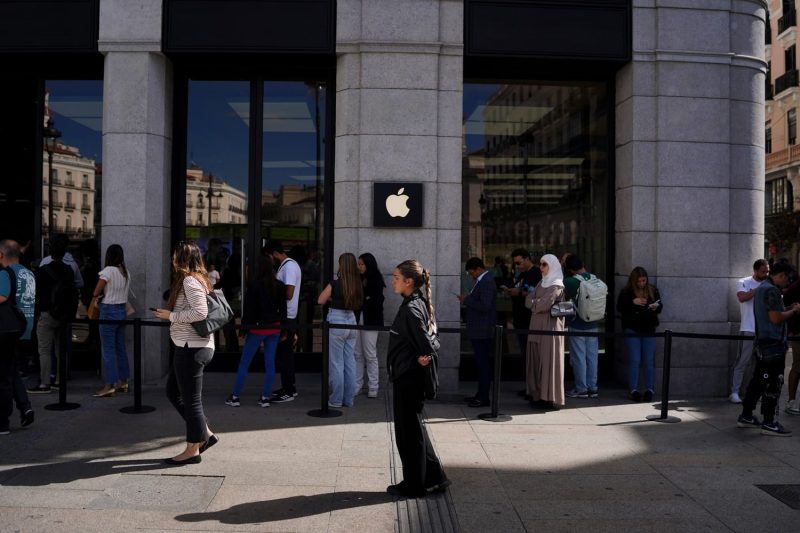Apple, one of the world’s leading tech giants, is once again under scrutiny as European Union regulators accuse the company of breaching the bloc’s tech rules. This recent accusation marks another chapter in the ongoing battle between Silicon Valley giants and EU authorities over allegations of anti-competitive behavior.
At the heart of the matter is the European Union’s new Digital Markets Act (DMA), aimed at curbing the dominance of big tech companies and promoting fair competition in the digital market. The DMA introduces a set of binding obligations for gatekeeper platforms like Apple, designed to prevent them from abusing their market power and stifling competition.
One of the key issues raised by EU regulators is Apple’s strict control over its App Store and the mandatory use of its in-app purchase system, which charges developers a 30% commission on digital sales. This practice has been a subject of controversy for years, with many developers arguing that it amounts to a monopolistic behavior that limits consumer choice and innovation.
Furthermore, Apple has also faced criticism for its anti-steering provisions, which prohibit app developers from informing users about alternative purchase options outside of the App Store. This restriction has been seen as a way for Apple to maintain its dominance in the digital market and prevent users from seeking cheaper alternatives.
The European Commission has launched a formal investigation into Apple’s practices, and if found guilty of breaching the EU’s tech rules, the company could face hefty fines and be forced to make significant changes to its business model. This could have far-reaching implications not only for Apple but for the entire tech industry, as it would set a precedent for how big tech companies are held accountable for their actions in the EU.
In response to the accusations, Apple has defended its practices, arguing that they are aimed at ensuring the security and privacy of its users and maintaining the quality of its platform. The company has also highlighted its contributions to the European economy, including investments in research and development, job creation, and support for small businesses.
Ultimately, the outcome of the investigation into Apple’s practices will have significant implications for the future of competition in the digital market and the relationship between big tech companies and regulatory authorities. It remains to be seen how Apple will navigate these challenges and whether it will be able to adapt its business practices to comply with the EU’s tech rules while maintaining its market position.


























